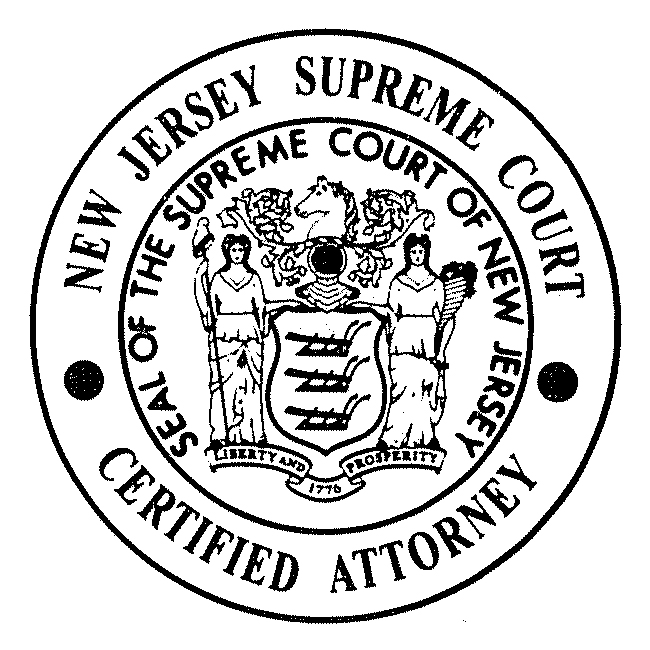The hobby lobby ruling could set back gay rights
Few things in recent history have been as polarizing as the U.S. Supreme Court decision in the case of Burwell vs. Hobby Lobby Stores Inc. The decision has been both heralded and condemned, as the nation’s top court was forced to draw a line between women’s rights and the religious rights of a business.
While the five male justices who voted in favor of Hobby Lobby have assured the public that the decision is a very narrow one, there’s legitimate reason to believe that this could be an extremely slippery slope, especially for lesbians, gays, bisexuals and transgendered people (LGBT). Justice Ruth Bader Ginsburg echoed this sentiment in her dissenting opinion:
“In a decision of startling breadth, the Court holds that commercial enterprises, including corporations, along with partnerships and sole proprietorships, can opt out of any law (saving only tax laws) they judge incompatible with their sincerely held religious beliefs.”
So what happens when a company with “sincerely held” religious beliefs wants to fire a gay or lesbian employee because they don’t agree with their lifestyle? What happens when a contractor with “strong” religious convictions wants to deny service to a bisexual or transgendered person? The U.S. Supreme Court decision may have opened the door for any company to claim they don’t want to follow a law because it doesn’t jive with their beliefs.
The day after the June 30 decision, religious groups were already pressuring President Barack Obama to add a religious exemption into the pending executive order barring discrimination by federal contractors against LGBT.
The ruling also implies that the religious beliefs of a corporation trump that of its employees. How does this translate to religious observances like Good Friday, Easter, Yom Kippur and others?
The decision may have been made nearly a month ago, but the potential ripple effects of the ruling will continue to be felt for a very long time.
Team Law is one of the leading civil rights and employment law practices in the state of New Jersey. If you’ve been discriminated against, treated unfairly or forced to work in a hostile environment, you may have cause to take legal action. Contact us today to discuss your case.
 CALL NOW
CALL NOW






